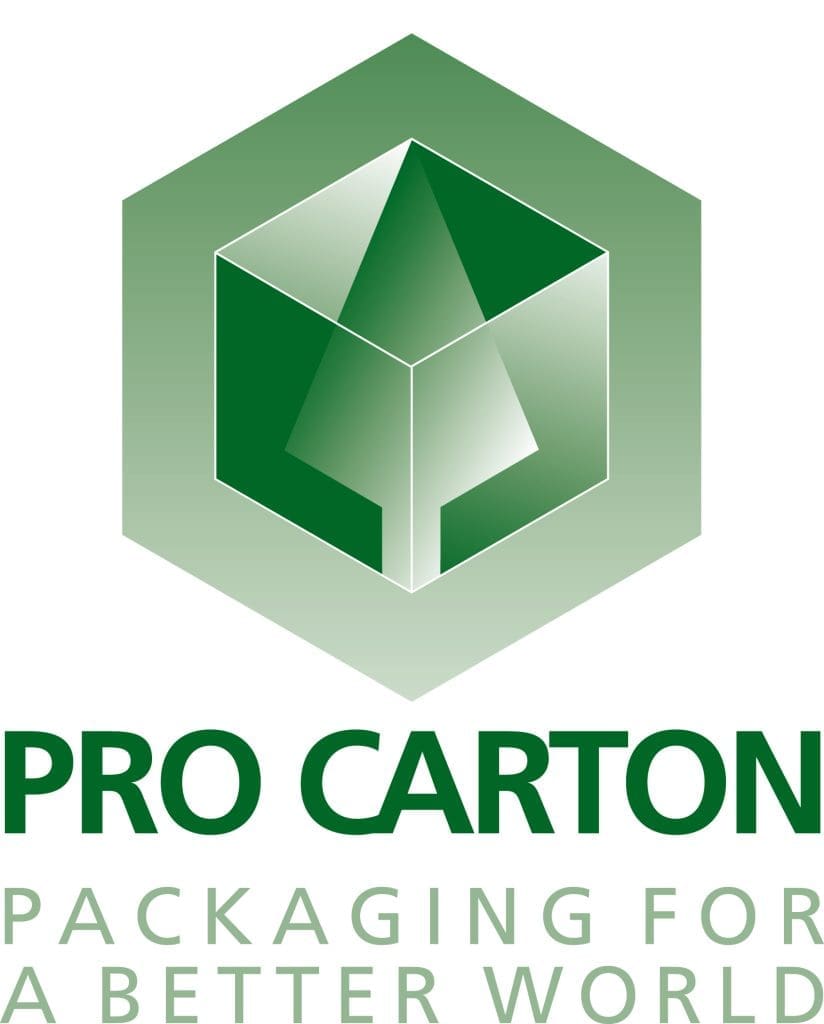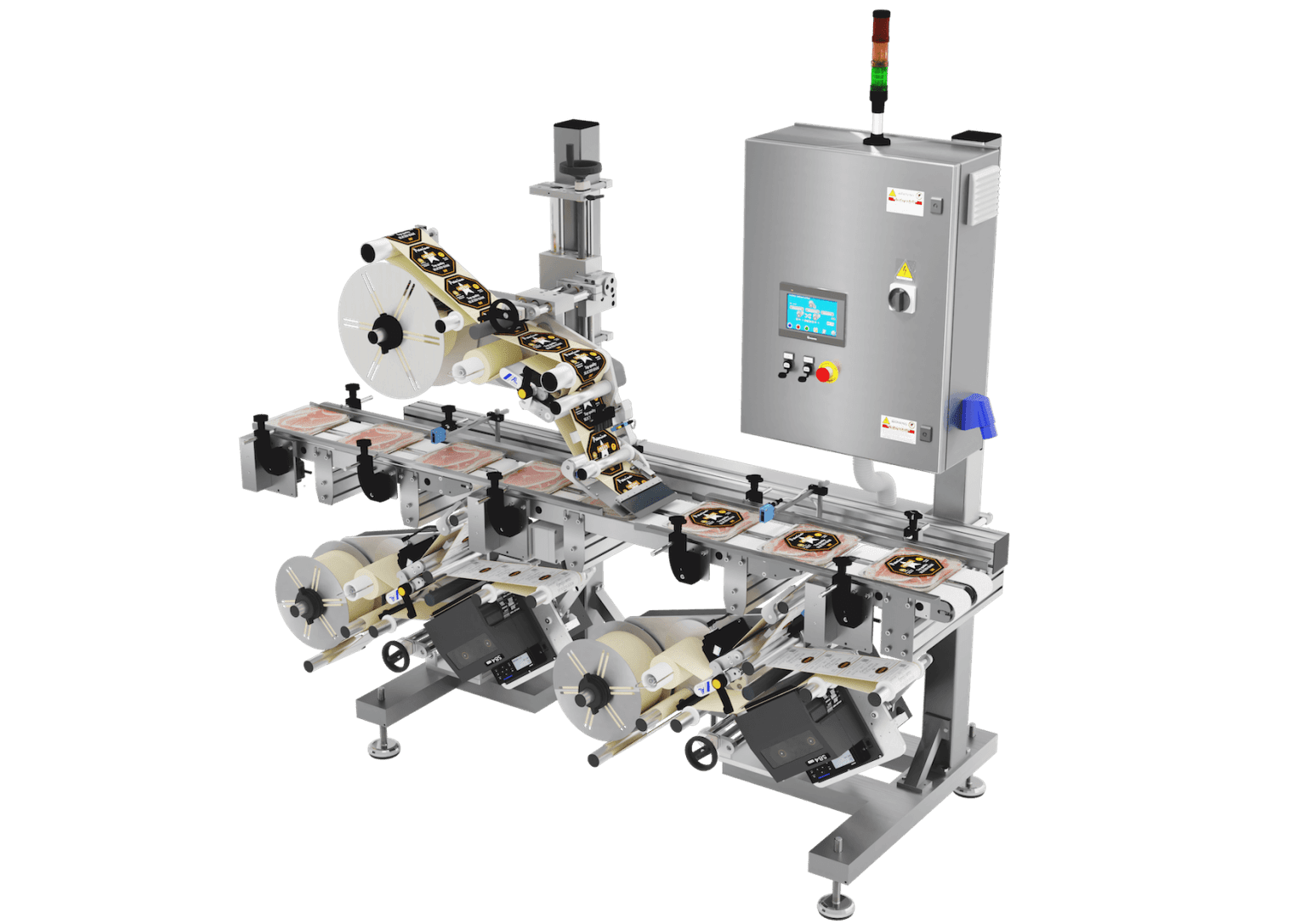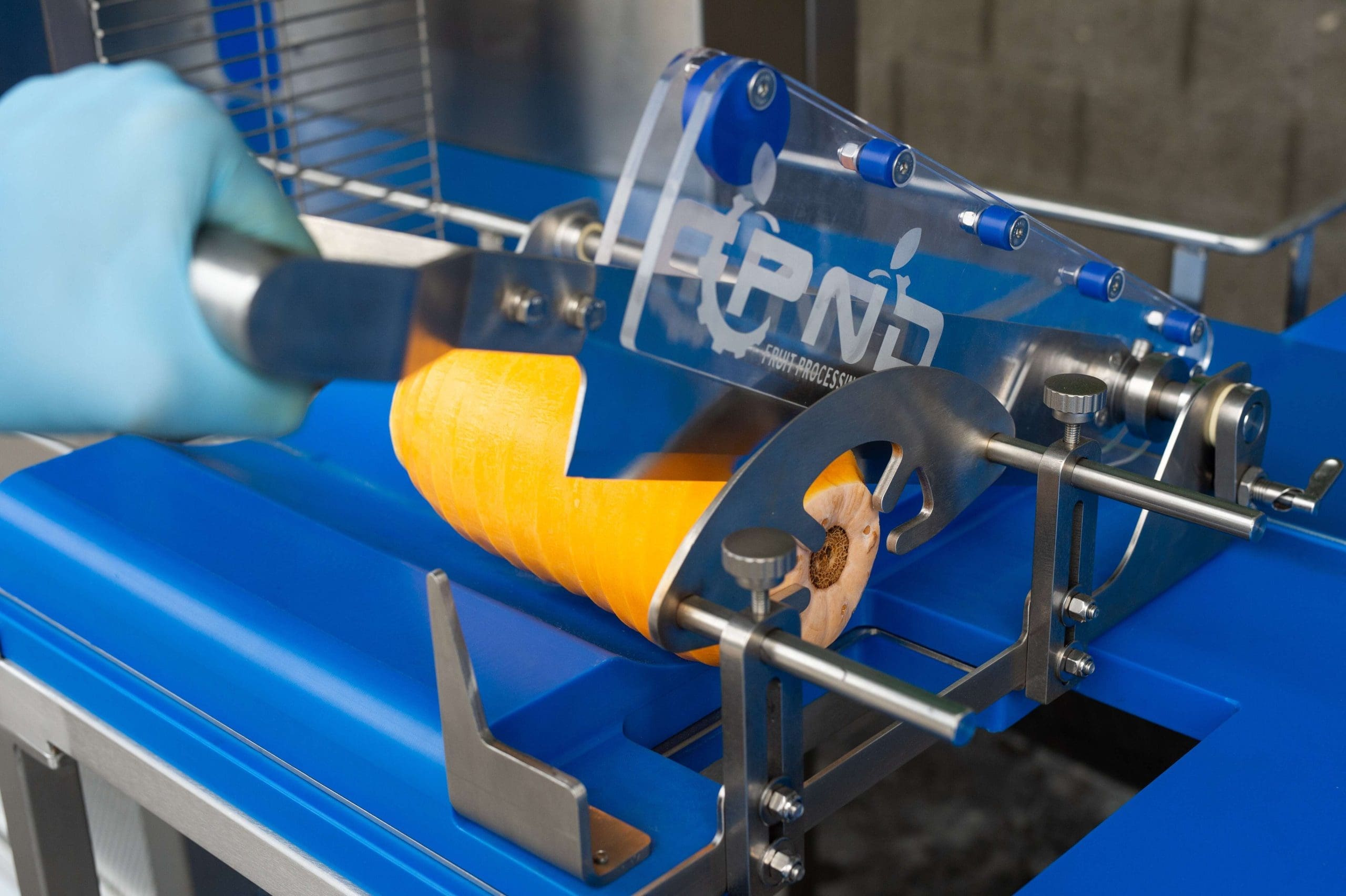By Winfried Muehling
Director of Marketing & Communications at Pro Carton
Environmental stewardship is driving the European packaging industry. The industry’s proactive stance on extending material lifecycles through robust recycling systems is creating practical and positive change.
At the forefront of this is fibre-based packaging, championing a circular model where valuable fibres are consistently recovered and recycled into new packaging solutions.
True circularity, however, is not something one member of the supply chain can achieve on its own. The selection of raw materials, the strenght of our processes, and the efficiency of our recycling infrastructure are all critical pillars in establishing a truly sustainable lifecycle for packaging.
Achieving this centres on three fundamental elements: materials designed for effortless recyclability, well-established and accessible collection and recycling systems, and, crucially, unwavering consumer trust, acceptance, and active participation.

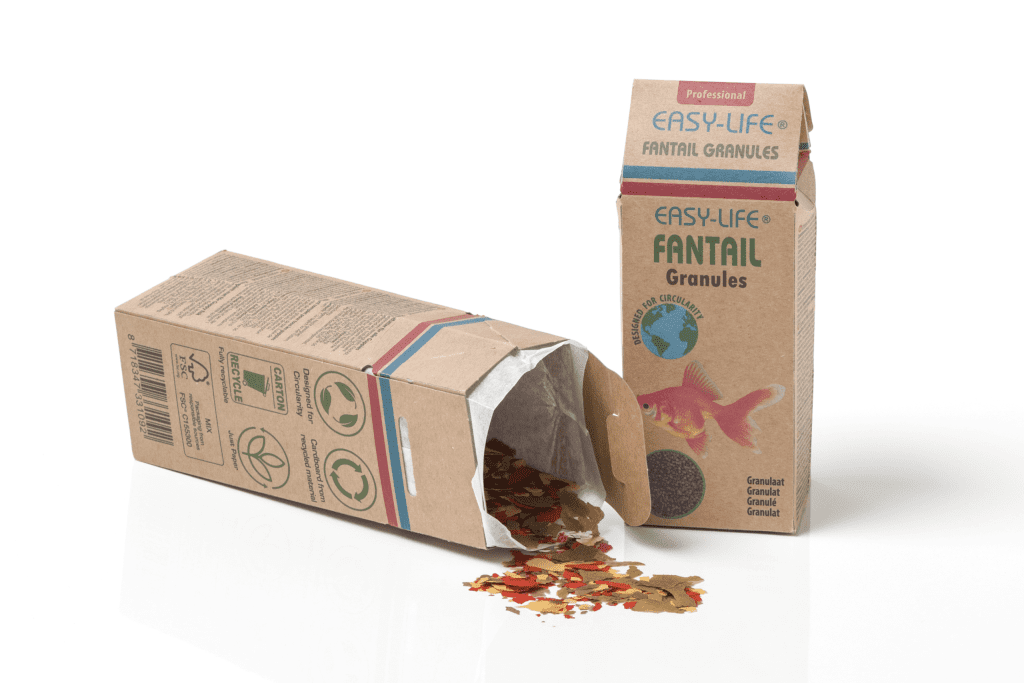
What do consumers want?
Our recent 2025 Packaging Perceptions Consumer Survey, engaging over 5,000 respondents across Germany, Italy, Spain, France, and the UK, provides invaluable insights into the intricate relationship between consumer trust and the functionality of circular systems.
This year’s survey reveals a notable shift in priorities. The escalating cost of living has become the primary concern for 66% of respondents, surpassing climate change (62%). This shift underscores the significant economic pressures impacting households across the continent.
The UK reflects this with a staggering 79% citing the cost of living as their top concern. In contrast, our southern European neighbours in Italy, Spain and France continue to prioritise climate change (67%), followed by the cost of living (65%), and the ongoing warfare close to their borders (50%).
The regional differences, already identified in our previous research, likely reflects the more immediate and tangible impacts of climate change being experienced in these regions. Despite these economic headwinds, the commitment to sustainability remains remarkably strong.
This resilience highlights a powerful truth: environmental responsibility continues to be a significant priority for consumers. An impressive 57% of survey respondents report an increased focus on sustainable living compared to the previous year, with Italy (65%) and Spain (64%) demonstrating particularly strong commitments.
What’s more, this translates into tangible action as 62% of respondents confirmed that they have recycled more in the past 12 months. Notably, recycling is perceived as the most effective action to mitigate climate change, chosen by 67% of consumers.
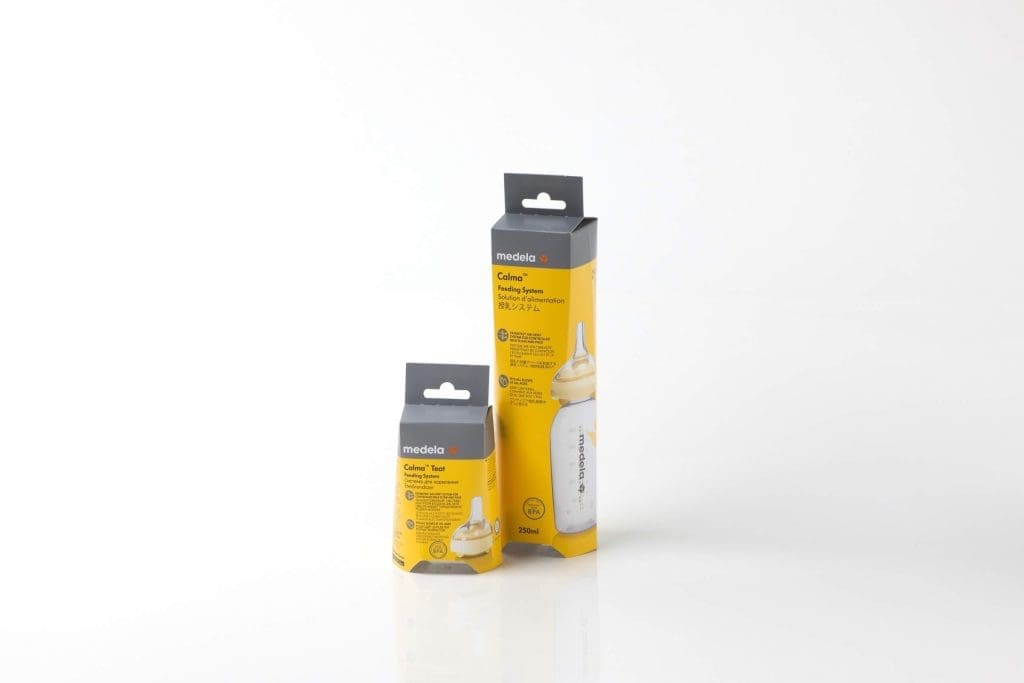
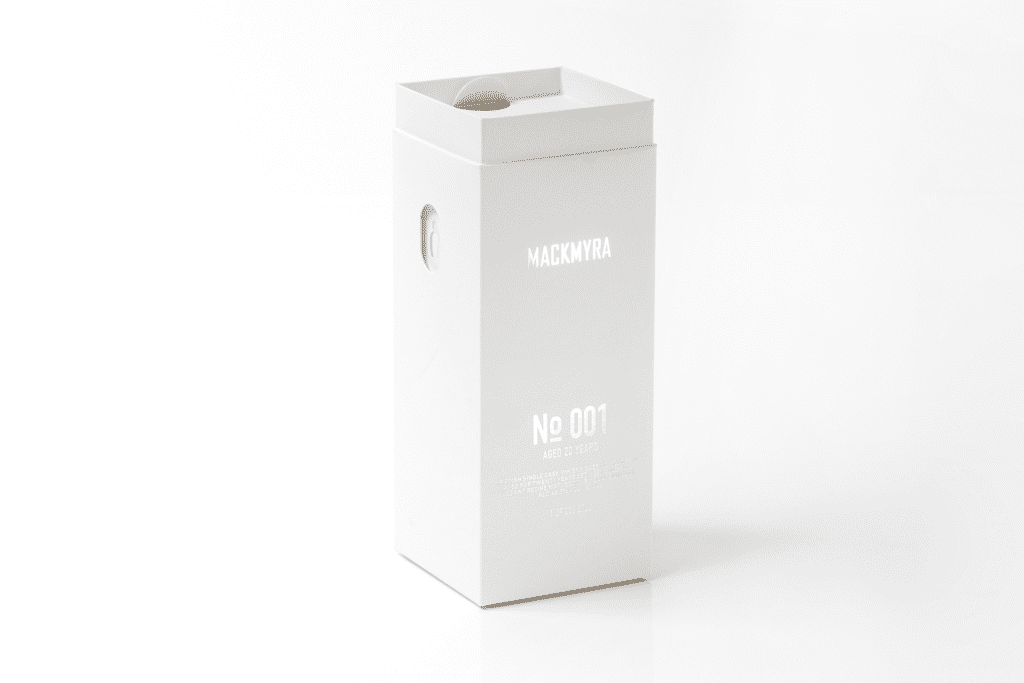
This clear correlation between perceived impact and behavioural change signals a broader integration of sustainable practices into consumers’ daily lives in 2025. Furthermore, 51% identified reduced water consumption as a key personal contribution to environmental protection.
This growing awareness and engagement directly influence packaging preferences. When given a choice, a significant 89% of consumers express a preference for cartonboard over plastic packaging, a further 2% increase from last year, signalling a strengthening recognition of the benefits of fibre-based options. This reinforces the consistent 81% of consumers who continue to favour environmentally friendly products and packaging overall.
Consumer trust extends to the supply chain’s handling of material recycling, with cartonboard and corrugated cartonboard scoring highly on the confidence scale at 83% and 85% respectively, above glass packaging (80%). This underscores the growing consumer understanding of packaging’s direct environmental impact and reinforces the perception of fibre-based packaging as an environmentally sound choice.
However, the current economic climate does affect the lengths that consumers will go to purchase sustainably. While 81% express a commitment to sustainable products, 64% will only opt for them if priced comparably to traditional alternatives.
This price sensitivity is particularly evident in the UK, where economic anxieties stand out the most. Even in Spain, despite high concern for climate change, 69% stress affordability when making sustainable choices. This presents a clear challenge for businesses striving to offer sustainable options at competitive price points.
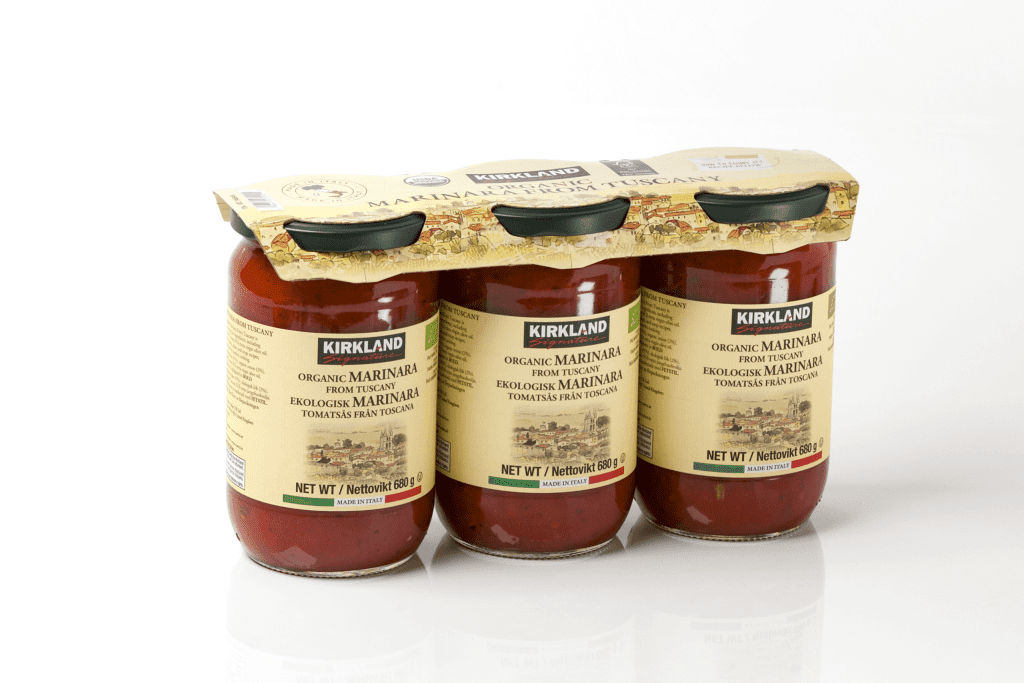
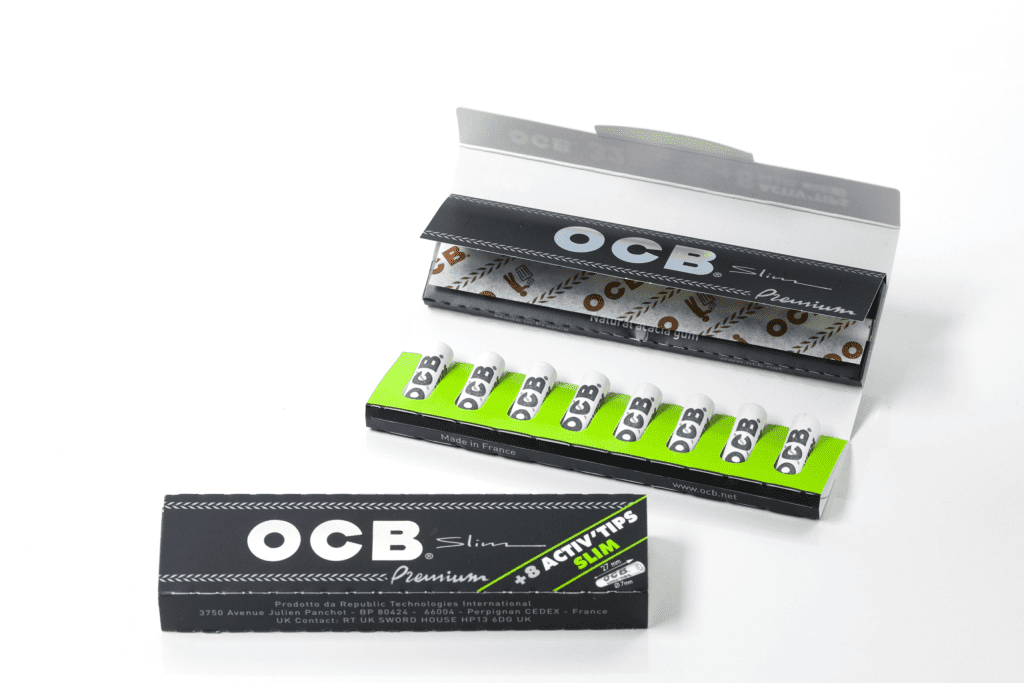
Importance of material selection
This overall trust in fibre-based packaging aligns with impressive recycling rates for paper and cartonboard in Europe, reaching 83.2% in recent years, with leading countries like Germany achieving rates as high as 86%.
The industry’s ambitious target of a 90% recycling rate by 2030 appears within reach, taking advantage of the inherent recyclability of fibre.
Fibre-based packaging is not only designed for recyclability but also exhibits remarkable resilience throughout the recycling process. Research from Graz University has demonstrated that wood fibres can be recycled more than 25 times without significant degradation.
This ensures that valuable fibres remain in circulation for longer, reducing the demand for virgin resources and supporting multiple loops within the circular economy.
What’s next?
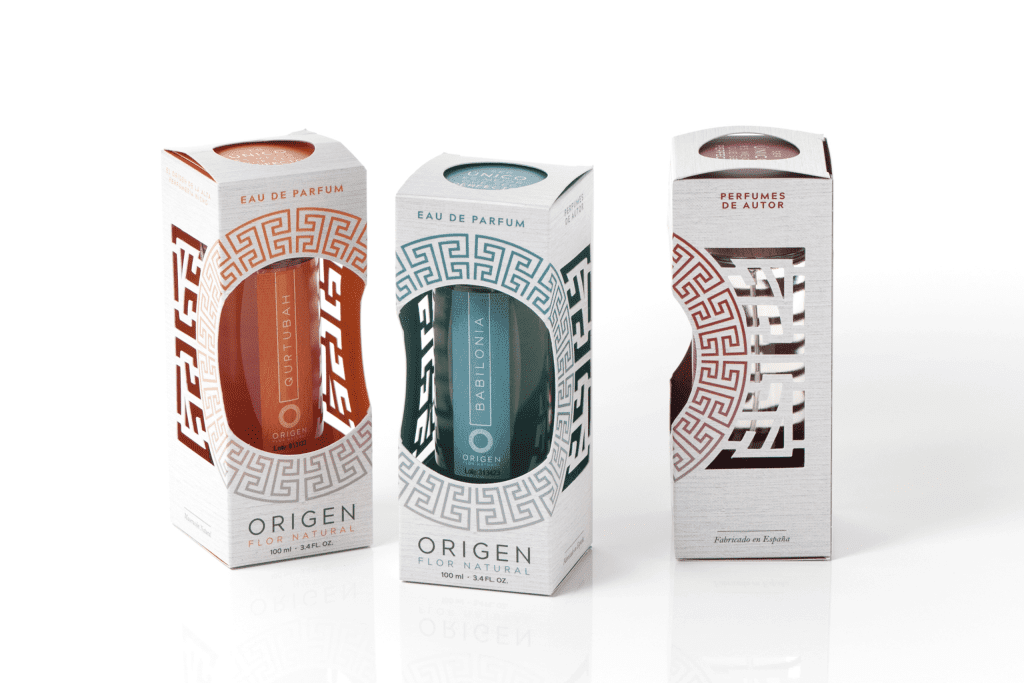
The dip in consumer purchasing power and the persistence of market volatility continue to impact FMCG companies and, consequently, the packaging industry. However, the insights from our consumer study instill strong confidence in the future.
Our industry is well-positioned to benefit from returning consumer confidence. Sustaining this trust and continued collaboration will be the key driver of further progress. Harmonized collection systems and consistent regulations across Europe are essential to eliminate inefficiencies and enhance recycling rates.
Prioritising material sorting through separate collection streams would further reduce contamination and ensure the recovery of higher-quality fibres. The implementation of mandatory collection targets can also drive greater compliance and foster innovation throughout the value chain.
Detailed results of the Pro Carton 2025 Packaging Perceptions Consumer Survey are available at www.procarton.com
